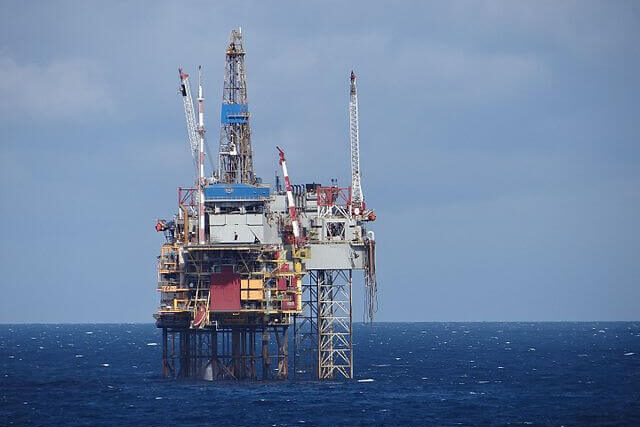
The development of a single new oil and gas field in the North Sea could push the UK over its carbon budgets from its operations alone, according to a report by environmental campaign group Uplift.
The report analysed the Equinor-operated Rosebank oil and gas field, currently the largest undeveloped oilfield in the North Sea, and found that emissions from its operations alone would reach 5.6 million tonnes of CO2, enough to exceed the UK’s emissions allowance from the sector and push the country over its carbon budgets from 2028 onwards. This would force other sectors of the economy to cut their emissions dramatically and at an increased speed to keep the UK within its carbon budgets.
Despite warnings that continued use of fossil fuels is incompatible with the 1.5°C climate target, the UK government recently unveiled its energy security and net-zero strategies, which contain a major gamble on carbon capture and storage (CCS) as a way to continue the use of fossil fuels. However, scientists have warned that using CCS in this way is a dangerous gamble, and calling off new oil and gas developments is a safer route to reaching net-zero.
Uplift suggests that the governance of the UK’s oil and gas sector is incapable of delivering on the UK’s broader climate goals and that this can be explained, in part, by the North Sea Transition Deal (NSTD). The continued regular implementation of flaring at oilfields in the North Sea has also drawn criticism this month, with activist groups calling for the UK to follow in the footsteps of nations like Norway, which banned all ‘non-emergency’ flaring in 1972.
Tessa Khan, executive director of Uplift, said that the report clearly shows that it is impossible to reconcile approving a huge new oilfield like Rosebank with the UK meeting its climate obligations. She also added that approving Rosebank will do nothing to lower UK fuel bills and will do very little for UK energy security, as most of these reserves will likely be exported.
The report raises further questions over the government’s plans to push ahead with the development of oil and gas, despite warnings that continued use of fossil fuels is incompatible with the 1.5°C climate target. Last week, 700 scientists signed a letter asking the government to halt new development, but Grant Shapps, secretary of state for energy security and net-zero, defended the continued expansion of oil and gas.
A spokesperson from the Department for Energy Security and Net Zero said “We are on track to deliver our carbon budgets, creating jobs and investment across the UK while reducing emissions. Our carbon budget delivery plan is a dynamic long-term plan for a transition that will take place over the next 15 years, setting us on course to reach net zero by 2050.”
——————————————————————————
At Natural World Fund, we are passionate about stopping the decline in our wildlife.
The declines in our wildlife is shocking and frightening. Without much more support, many of the animals we know and love will continue in their declines towards extinction.
When you help to restore a patch of degraded land through rewilding to forests, meadows, or wetlands, you have a massive impact on the biodiversity at a local level. You give animals a home and food that they otherwise would not have had, and it has a positive snowball effect for the food chain.
We are convinced that this is much better for the UK than growing lots of fast-growing coniferous trees, solely to remove carbon, that don’t actually help our animals to thrive.
This is why we stand for restoring nature in the UK through responsible rewilding. For us, it is the right thing to do. Let’s do what’s right for nature!
Support our work today at https://naturalworldfund.com/ and join in the solution!

